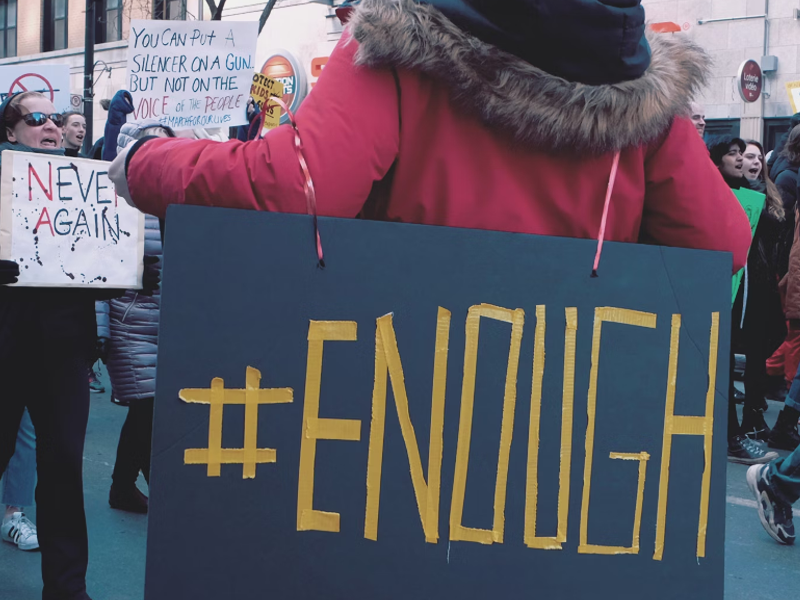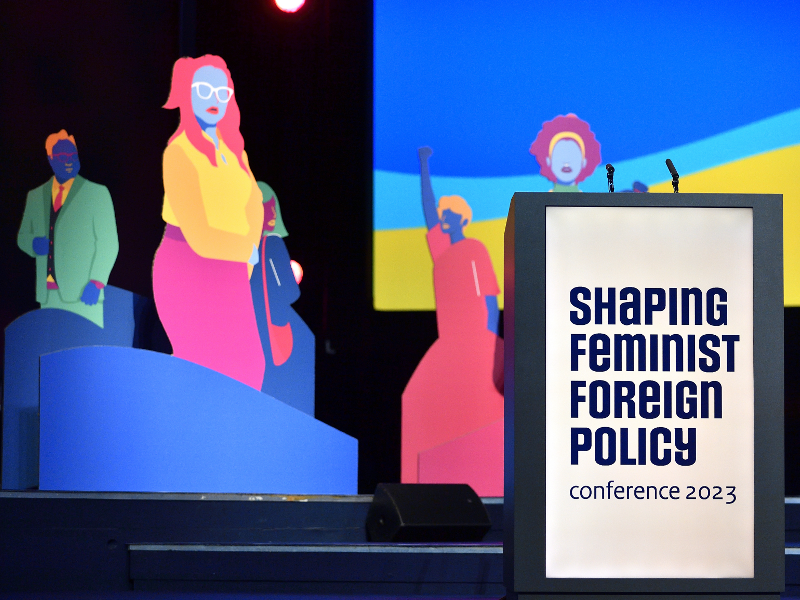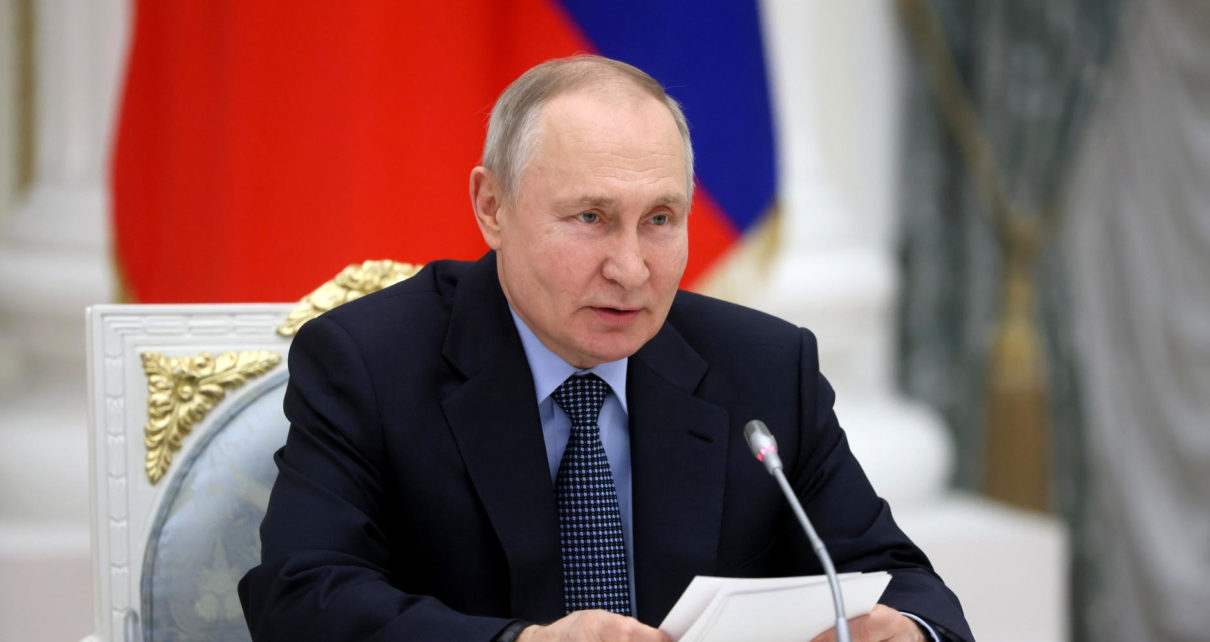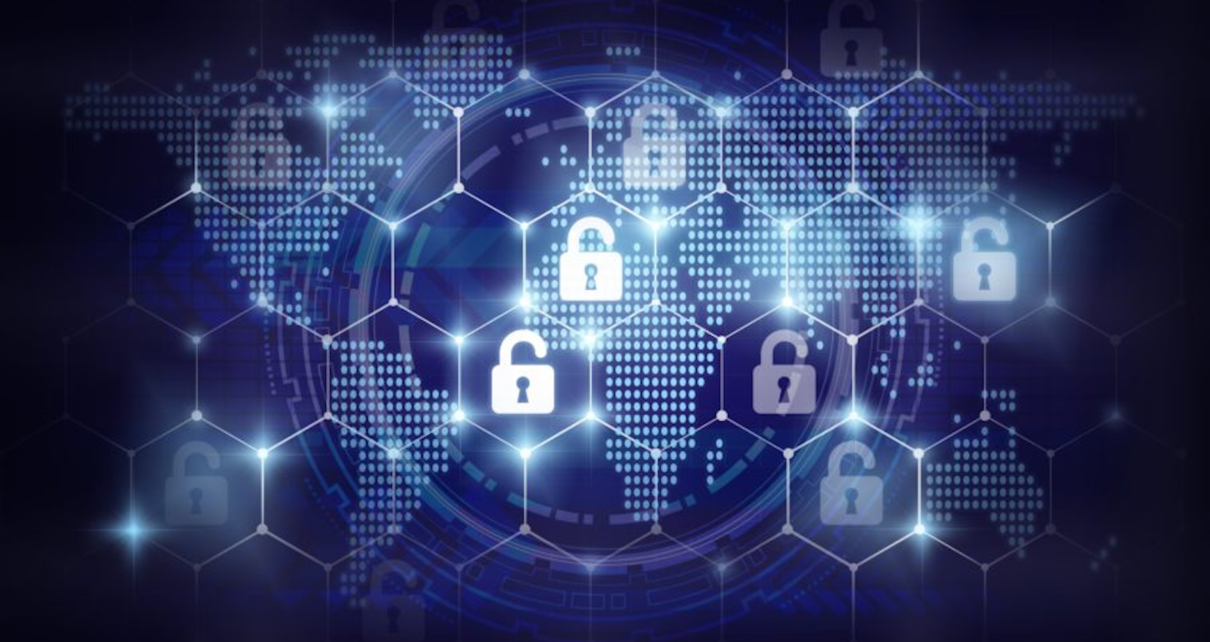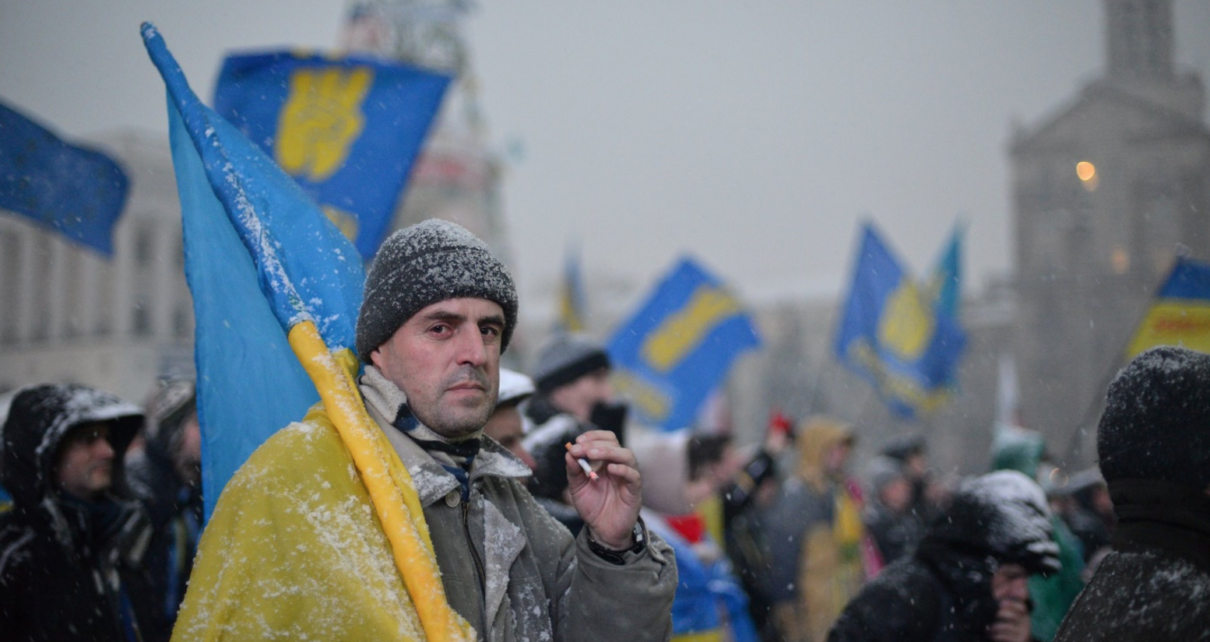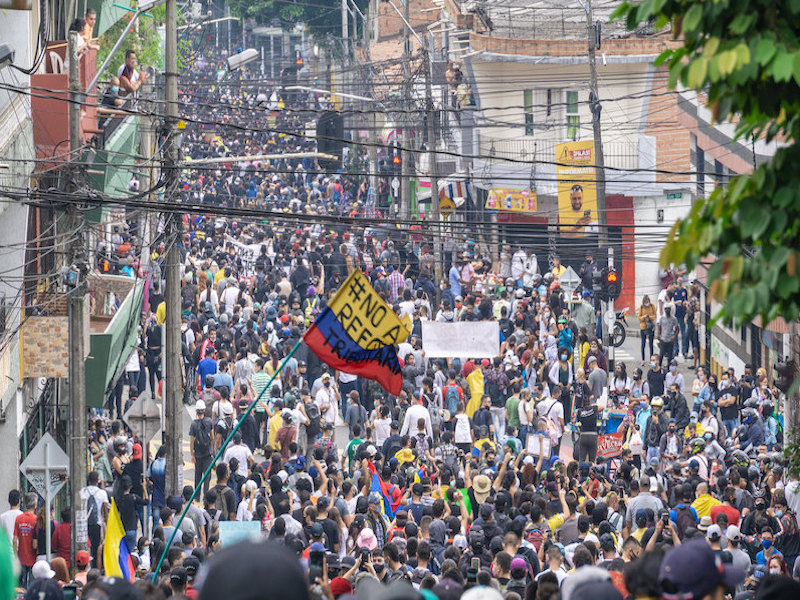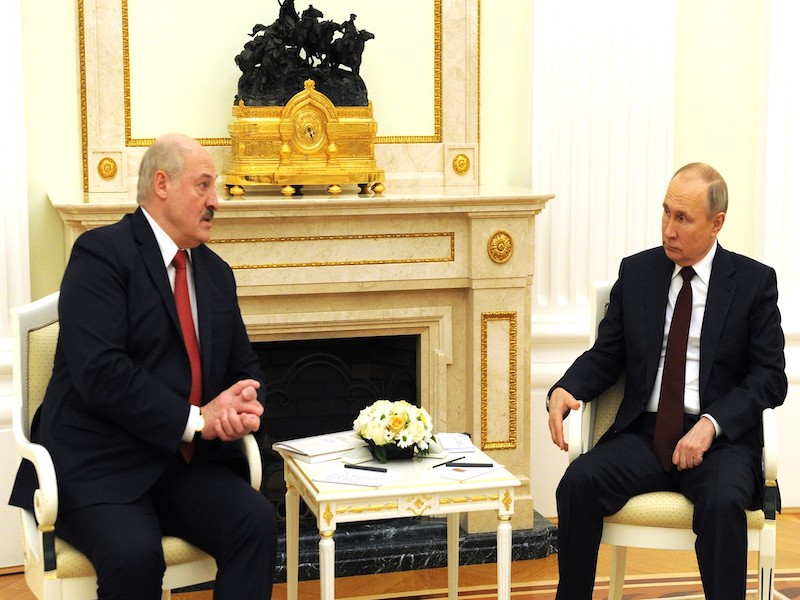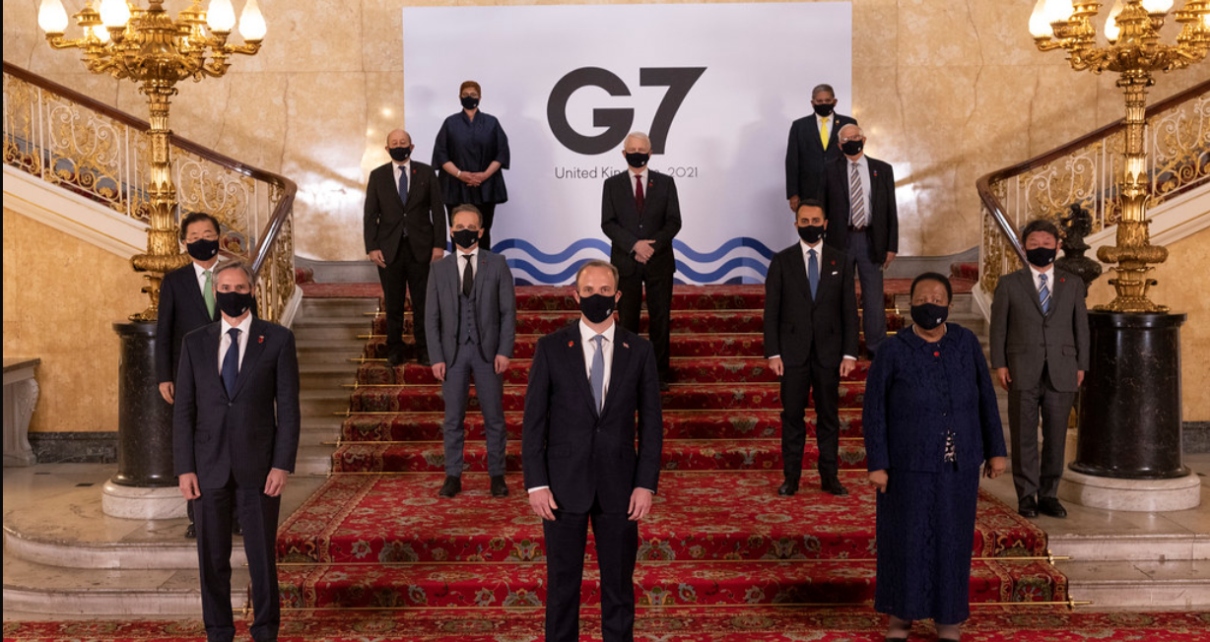Despite the world being interconnected in a way it has never been, civilization finds itself torn apart by civil strife and disagreement. “Polarization” is the word of the day, and it has hit Canada hard. Recent years have seen the issue reflected in the rise of hate crimes, distrust of the government, and general violence. Read More…
Tag: Democracy
Continuing Navalny’s fight: towards a Democratic Russia.
It’s been over two months since Alexei Navalny died in prison. Internationally recognized as Vladimir Putin’s leading critic, Navalny led a bold and courageous journey of challenging the corruption of the Kremlin. In 2011, he founded the Anti-Corruption Foundation to expose the government’s deceitful activities and actively led protests rallying against Putin’s regime. Navalny believed Read More…
A feminist approach to navigating a world in flux.
VUCA. An acronym commonly used by organizational leaders within the business environment has now become all too relevant in the context of international affairs. V. Volatile. U. Uncertain. C. Complex. A. Ambiguous. This is the state that humanity currently finds itself in. Ranging from realities such as increasing levels of political polarization to the rise Read More…
Forever Putin? The Greater Implications of Russia’s Election Results.
A fifth term secured in power. Another six years claimed as the country’s head of state. On track to becoming the Kremlin’s longest serving leader since Soviet dictator Joseph Stalin. Welcome to the world of Mr. Vladimir Putin. Last month, Russia held its eighth presidential election, although it was predetermined who would emerge victorious. Yet, Read More…
Who Will Save the Internet from China?
The Geopolitics of the Internet Threats to an open internet have been increasing over the past decade. China, Russia, and other authoritarian states have stepped up attempts to exert greater global top-down control over the network architecture that enables the data flows internet operations rely on. If authoritarian states shape the future of the internet in Read More…
Deciphering the Russia-Ukraine War – A Discussion with Professor Marta Dyczok
In this article, Arash Toupchinejad interviews Professor Marta Dyczok from Western University about the socio-cultural and economic implications of the conflict between Russia and Ukraine and the heightened tensions to better assess the status of the situation in Eastern Europe.
Colombia Protests, NATO Partnership, and Democratic Principles
Over the last two decades, NATO has advanced its enlargement policy, welcoming new members and partners. Colombia was the first – and currently, the only – Latin American country to become a NATO global partner, cooperating on issues such as cybersecurity and corruption. Both sides of this partnership work together to further their goals. Personnel Read More…
Lukashenko’s Gambit: Embattled Belarusian President Risks National Sovereignty Amidst Increasing Isolation from the West
In this article Griffin Cornwall examines the impact of the Belarusian Government’s dramatic arrests of Roman Protasevich and Sofia Sapega, the increased sanctions pressure from the West this action has brought, and the potential risks to Belarus’ national sovereignty brought by President Lukashenko’s retrenchment of his relationship to his longstanding ally, Russian President Vladimir Putin
Shifting the Narrative: Biden’s Summit for Democracy
In anticipation of President Biden’s Summit for Democracy, Morgane Holley explores how current foreign policy narratives may serve as an indication for how the summit will likely address key democratic challenges.
Hong Kong’s Illiberal Education Reform
Julian Snelling examines the recent Hong Kong reform of the Liberal Studies curriculum, analyzing the extent to which such policy limits freedom of expression amongst an increasingly politicized generation in the region.

